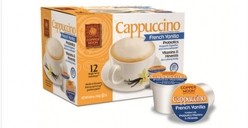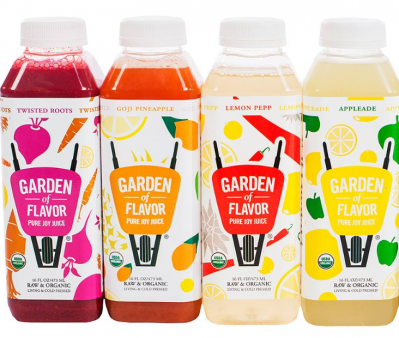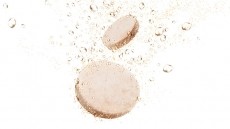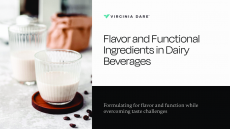Ganeden secures patent protection for ultra-stable Bacillus coagulans probiotics in coffee, tea, cereal

The patent (#8,697,055 B2) “goes a long way toward supporting our partners in their quest to launch new brands, and revolutionize existing ones,” said Ganeden CEO Andy Lefkowitz.
“When combined with the FDA’s No Objection letter on [the] GRAS [generally recognized as safe status of BC30], 17 studies published in peer reviewed journals, over 100 patents issued around the world and the pending issuance of the first monograph by the USP, we have again demonstrated our commitment to science-based probiotic innovation.”
Ganeden, which hit the headlines in February after joining forces with Garden of Flavor to launch the first HPP-treated juices to contain probiotics, scored another industry first a week later when it revealed its tie-up with coffee firm Copper Moon to launch the first K-Cups with probiotics.
Bc30 can be used in a raft of food applications previously closed to probiotics
As BC30 can withstand harsh processing techniques and extremes of temperature (it can be boiled, baked, frozen, pasteurized, microwaved and extruded and go on to survive stomach acid and move to the gut where it starts multiplying and proliferating), this has opened up a raft of food applications previously closed to probiotics, from hot tea and coffee to muffins, jam, soup, frozen yogurts, HPP-treated juices and cereal bars
Speaking to FoodNavigator-USA in late February, senior VP Michael Bush told FoodNavigator-USA that sales were growing “well into the double digits year on year”.
As regards the claims on finished products, he said: “You have to have the right dose. GanedenBC30 has been shown to support immune health at 500 million CFUs (colony forming units) and digestive health at one billion CFUs.”
Baked, boiled, frozen, extruded…
The resilience of BC30 is not due to clever encapsulation techniques, but relates to the bacterial strain itself, which is a spore-forming bacterium. This means that inside the bacterial cell is a hardened structure, or spore, a bit like a seed.
This safeguards the cell’s genetic material from the heat and pressure of manufacturing processes, stomach acid and bile. Once it is inside the small intestine, the viable spore is then able to germinate and produce new vegetative cells or ‘good’ bacteria.
In contrast, traditional probiotic organisms such as lactobacillus, acidophilus and bifidobacteria are not able to form these protective spores, making them vulnerable to heat, pressure and acidity and typically restricting their use to short shelf-life chilled foods, said Bush.














